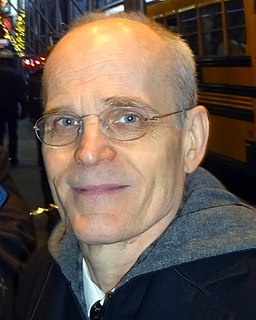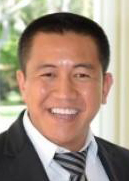A Quote by Sarah Rees Brennan
I love seeing my book on shelves and getting letters from people who liked the book. I love telling stories and having other people tell stories to me.
Related Quotes
Digression is my passion. I love telling the main stories, but in some ways, what I love most is using those narratives as a way of stringing together the interesting stories that people have kind of forgotten, and that are kind of surprising. The problem is, how do you pare stories away so that the book doesn't become a distracting jumble of material, and readers lose focus? In my experience, there's really only one way to do that. I pack it all in with the rough draft, then count on myself and my trusted readers to tell me what's good and what's not good.
There is humanist enterprise of the book, and amongst that there are many, many stories. And that is why at the end, when he says that the stories are so illuminating that they must be engraved and encased in gold and put in the palace library, the people who compile the book are telling us that this is a collection of human wisdom.
The very act of story-telling, of arranging memory and invention according to the structure of the narrative, is by definition holy. We tell stories because we can't help it. We tell stories because we love to entertain and hope to edify. We tell stories because they fill the silence death imposes. We tell stories because they save us.
I've heard stories of other people that are similar stories to me - their mother or father passing away. People have come out to me on Instagram. It's amazing that they can tell me and confide in me. I always want to take the time and write these long messages telling them how much that means to me.
I get letters from two kinds of readers. History buffs, who love to read history and biography for fun, and then kids who want to be writers but who rarely come out and say so in their letters. You can tell by the questions they ask - How did you get your ?rst book published? How long do you spend on a book? So I guess those are the readers that I'm writing for - kids who enjoy that kind of book, because they're interested in history, in other people's lives, in what has happened in the world. I believe that they're the ones who are going to be the movers and shakers.
Each of us is comprised of stories, stories not only about ourselves but stories about ancestors we never knew and people we've never met. We have stories we love to tell and stories we have never told anyone. The extent to which others know us is determined by the stories we choose to share. We extend a deep trust to someone when we say, "I'm going to tell you something I've never told anyone." Sharing stories creates trust because through stories we come to a recognition of how much we have in common.
I do get stressed at times, but I love what I do as an actor. This is the part that I don't like. I don't actually like talking about - I wish I could just go and get on with my job, because I love getting a script, breaking it down, working with other people, bonding with other people, fighting with other people, and out of those arguments, creating something that nobody expected and seeing it all come together. Telling a story, having an impact on people's lives, moving them and making them laugh.
I'm no longer religious, but the Bible fascinates me. Hardly anyone reads it anymore, but it's got everything: it's a book of poetry, it's a book of principle, it's a book of stories, and of myths and of epic tales, a book of histories and a book of fictions, of riddles, fables, parables and allegories.






































